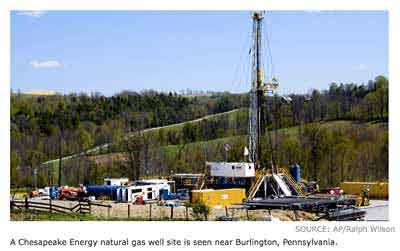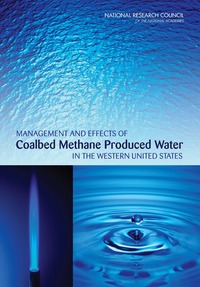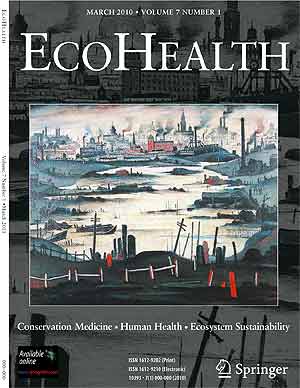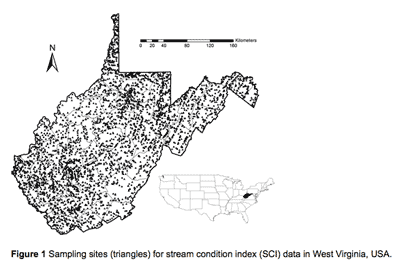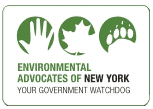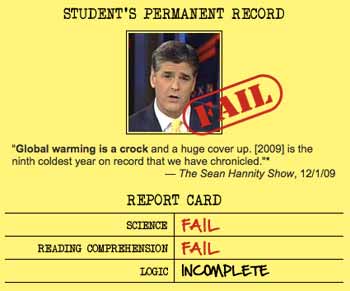Experts
Download this brief (pdf)
A widely used oil-and-gas drilling technique, hydraulic fracturing, is spreading rapidly to develop vast reserves of natural gas trapped in deep underground shale formations.
Hydraulic fracking, however, is coming under more rigorous oversight by the press and state and federal agencies because of its contribution to air and water pollution.
This attention is welcome, both to ensure that health and safety will be protected if gas is to be more widely used as a cleaner replacement for coal in electric plants and foreign oil as a transportation fuel. We must also more accurately measure carbon dioxide and other pollution from the combustion of gas compared to coal and oil.
This issue brief explores the ecological and economic issues of “fracking,” as it is increasingly coming to be known in the areas of the country where natural gas is tapped due to the technology. Cutting to the chase, our conclusion is this—hydraulic fracturing needs to be done carefully and be well-monitored, with particular attention paid to the full scope of carbon dioxide released into our atmosphere to gauge accurately the consequences of global warming due to the expanded use of natural gas.
...Concerns about this technique led late last year to a partial moratorium in New York state on new drilling permits that allow fracking. Nationally, advocates want to repeal a 2005 congressional exemption of fracking from oversight under the Safe Drinking Water Act. Many activists also want to require drilling companies to publicly disclose the chemicals it uses, as other industries do under the Community Right to Know law. Industry historically resists such calls, though a number of companies have recently dropped their opposition, saying they will publicize the chemicals they use.
These natural gas operations also produce smog-forming pollutants, contributing to air pollution problems in places such as western Wyoming and the Fort Worth area. Indeed, natural gas wells produce so much air pollution that smog in the area around Pinedale, Wyoming is sometimes as bad as in Los Angeles. And these shale gas wells can release fugitive methane, which is a potent global warming pollutant.
In a recent investigation, for example, The New York Times reported on rivers and waterways that serve public water systems in Pennsylvania being contaminated with naturally occurring radioactive materials, such as radium, as a result of drilling activities. The series has also raised serious questions about the adequacy of oversight by state and federal agencies including the Environmental Protection Agency.
Tom Kenworthy is a Senior Fellow at the Center for American Progress who focuses on energy and environmental issues. Daniel J. Weiss is a Senior Fellow and Director of Climate Strategy at the Center. Lisbeth Kaufman is a Special Assistant with the Center’s Energy team, and Christina C. DiPasquale is Associate Director of Press Relations at the Center.
This booklet provides an introduction to drinking water issues. It draws from a body of independent, peer-reviewed expert consensus reports from the National Research Council to provide an overview of public water supply and demand, water management and conservation, options for the government and the private sector, and the economic and ecological
aspects of drinking water.
See the Division of Earth and Life Studies.
Key Finding
Authoring Organizations
Democracy Now! interview with Environmentalist, 350.org Founder Bill McKibben on Eaarth: Making a Life on a Tough New Planet.
Ahead of Bolivia’s indigenous summit on climate change and the expected unveiling of a Senate climate bill next week, we speak to someone who sounded one of the earliest alarms about global warming.
Twenty years ago, environmental activist Bill McKibben wrote The End of Nature, but his warnings went largely unheeded.
Now, as people are grappling with the unavoidable effects of climate change and confronting an earth that is suddenly melting, drying, acidifying, flooding and burning in unprecedented ways, Bill McKibben is out with Eaarth: Making a Life on a Tough New Planet, a new book about what we have to do to survive this brave new world. [includes rush transcript]
See:Global Warming Frequently Asked Questions
See also: Video - 350.org: Because the world needs to know.
What's the best way to introduce the world to 350?
With over 4000 languages spoken around the world, it's probably not with a bunch of words. We did our best to boil down the science of global warming and vision of the 350 Campaign in 90 seconds--and with no words.
Our focus is on the number 350—as in parts per million CO2. If we can't get below that, scientists say, the damage we're already seeing from global warming will continue and accelerate. But 350 is more than a number—it's a symbol of where we need to head as a planet.
Our theory of change is simple: if an international grassroots movement holds our leaders accountable to the latest climate science, we can start the global transformation we so desperately need.
A dissection of the Soviet Union's legacy of health and environmental disaster, this book examines a former country of 103 cities - home to 70 million people - where the air is unfit to breathe and pollution fouls 75 percent of the water.
Feshbach, Murray, and Alfred Friendly. 1992. Ecocide in the USSR: health and nature under siege. New York, NY: BasicBooks. Includes section (p.256) "The Prices of Cleanup".
Dr. Nathaniel Hitt
Assessments of ecological integrity are commonly used for conservation planning, but are they also relevant for understanding public health and disease?
In this study, Hitt and Hendryx answer this question in the affirmative, demonstrating that the ecological integrity of stream benthic macroinvertebrate communities is related to human cancer mortality in West Virginia, USA.
The authors concluded that, although the macroinvertebrate data analyzed in their study were collected to assess the quality of aquatic life, such ecological assessments offer valuable insights for public health.
See: Ken Ward Jr. April 21, 2010. The Charleston Gazette | Coal Tattoo. "New WVU-Va Tech study links water quality and cancer deaths in West Virginia coalfields".
Economic Implications of Marcellus Shale Natural Gas Development: Potential Impacts on Tourism, Agriculture, and Housing
A webinar hosted by Cornell University's Community and Regional Development Institute (CaRDI) on May 9, 2011 presented the work of a graduate student project in the Dept. of City and Regional Planning guided by Professor Susan Christopherson. Presenters: Vera Bartolome Diaz, Tom Knipe, Christopher Smith, Greg Waldman, Ethan Warsh, David West and Austin Zwick. (PDF version of the Powerpoint).
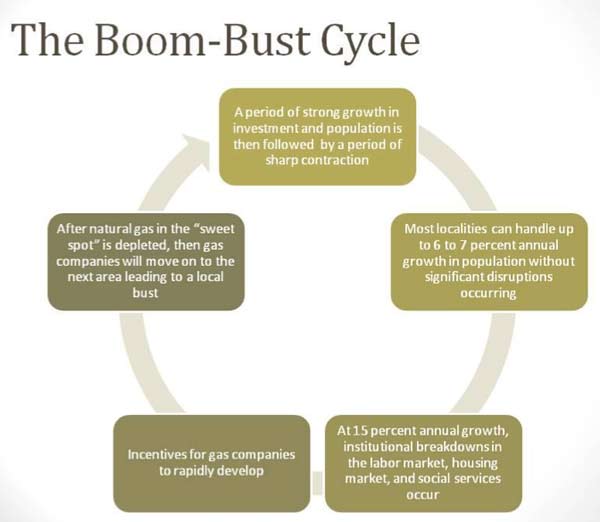
See: Christopherson to study economic impact of gas drilling in Marcellus Shale

Photo by Neil Zusman
Christopherson states that after fracking, there is no other industry. That will be all there is economically for the next ten to twenty years. Forget about agriculture, tourism, wine, tourism, and anything else besides energy. After a decade or two, or more, things might return to normal...
See: Catskill Citizens | More Damning Evidence About Fracking
ALBANY, NY (05/04/2011)—The New York Water Rangers, individuals working to protect state waters from dirty gas drilling and hydraulic fracturing, or “fracking,” today thanked the State Assembly’s Environmental Conservation Committee for passing legislation that would close a loophole in state law allowing the gas industry to circumvent requirements for the management and disposal of hazardous waste (A.7013 / S.4616).
The Defining Hazardous Fracking Waste bill would update state law so that any drilling waste that meets the characteristics of hazardous waste is subject to all state regulations related to its generation, transportation, treatment, storage, and disposal.
“Why should the gas industry get a free pass on hazardous fracking waste? If wastewater generated by dirty gas drilling and fracking is hazardous, it must be treated as such in order to protect the health and safety of our communities and our waters.”
The New York Water Rangers are now calling on members of the Assembly Codes Committee to pass the bill without haste and keep it on track.
A new Marist College poll revealed that 41 percent of New Yorkers oppose fracking, and 21 percent aren’t sure where they stand on the issue. We’re committed to educating these undecided New Yorkers, especially the state lawmakers among them.
------------------------------------------------
Environmental Advocates of New York's mission is to protect our air, land, water and wildlife and the health of all New Yorkers. Based in Albany, we monitor state government, evaluate proposed laws, and champion policies and practices that will ensure the responsible stewardship of our shared environment.
We work to support and strengthen the efforts of New York's environmental community and to make our state a national leader.
See: Ramon Alvarez. April 16, 2010. "Barnett Shale gas producers caught with their hands in the cookie jar".
"Natural gas producers should not impede the city’s efforts to better characterize their industry's air pollution. After all, if industry’s claims are true that the natural gas production in Fort Worth does not produce harmful emissions, then they should have nothing to fear from a thorough and independent city-sponsored study."
An Uncommon Approach: Four Core Strategies
Founded in 1967 as the Environmental Defense Fund, we tackle the most serious environmental problems with:
See our history of results.
"...Environmental issues surrounding the development of CBM resources in the Powder River Basin and elsewhere have provoked conflict among mineral leaseholders, owners of the surface estates, and the public at large.
Citizen suits under the Clean Water Act and the Safe Drinking Water Act, and private tort actions, complicate the development of CBM resources. Despite geographic and geologic differences among areas in which CBM resources have been developed, the core environmental issues are consistent:
(1) Groundwater table drawdown due to pumping large quantities of groundwater.
(2) Disposal of large volumes of produced water.
(3) Methane contamination of shallow groundwater.
(4) Noise pollution from compressors and other sources.
(5) Air pollution from compressor exhaust gases, methane leakage, and dust.
(6) Surface disturbance from construction of roads, pipelines, and other facilities.
In CBM production, water is produced in large volumes and must be disposed of.
Because waters produced from coalbeds are often fresh, and subsurface disposal is expensive, disposal to surface drainages, wherever possible, carries a strong economic incentive.
Such disposal may erode soils and sediments, change microclimate, create unsustainable aquatic habitats, or salinize soils."
The Integrated Petroleum Environmental Consortium (IPEC) is a consortium of the University of Tulsa, the University of Oklahoma, Oklahoma State University and the University of Arkansas at Fayetteville.
Funded by the U.S. Environmental Protection Agency Office of Research and Development, the mission of IPEC is to increase the competitiveness of the domestic petroleum industry through a reduction in the costs of compliance with U.S. environmental regulations.
When an EPA study concluding that hydraulic fracturing "poses little or no threat" to drinking water supplies was published in 2004, several EPA scientists challenged the study's methodology and questioned the impartiality of the expert panel that reviewed its findings.
See: Halliburton's Interests Assisted by White House - Los Angeles Times.
See: The American Association for the Advancement of Science (AAAS) Reaffirms Statements on Climate Change and Integrity. 12/04/09.






